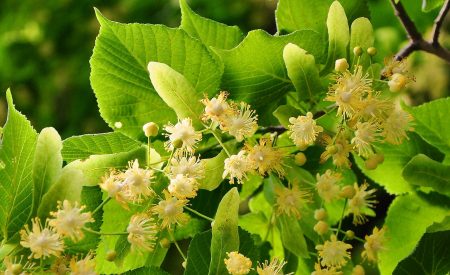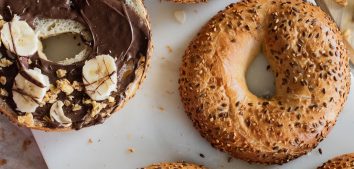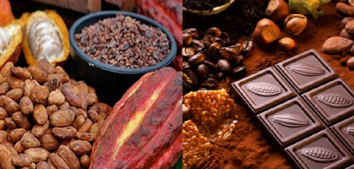
Linden Tea Makes Everything Better
The intense fragrance these flowers have is a characteristic feature of the summer landscape. They have been used in folk medicine for a long time. In the Middle Ages people prepared linden infusions to treat flu and colds. Inhalations and baths with linden flowers were also popular and appreciated for their calming and relaxing effect. In today’s post you will learn about other possible uses of linden tea.
lInden flower infusion properties
-
Antipyretic effect
Linden infusion enhances evaporation and breathing through the skin, accompanied by increased secretion of sweat and lower body temperature. For this reason, it is often used in case of fever, infection and cold. I especially recommend adding raspberry and honey juice to lime tea – this will increase its antipyretic effect.
-
Antitussive effect
Inhalations with linden oil reduce congestion of the nasal mucous membrane and relieve irritation of the throat and cough. I also recommend using linden infusions to relieve dry cough. Lime compounds present in linden tea coat the throat with a thin layer of mucus that has a shielding, soothing, softening and moisturizing effect.
-
Calming effect
Linden infusion shows calming and anxiolytic effects. Therefore, it is used in states of increased nervous tension. The infusion also prolongs sleep time and has a relaxing effect.
-
Diuretic effect
Linden tea increases the amount of urine and has an antibacterial effect. For this reason, it is often used in urinary tract infections.
-
Antihypertensive effect
Research has shown that linden infusion can lower blood pressure. The terpene compounds present in the flowers of linden trees are probably responsible for the hypotensive effect.
-
Improving digestion
Linden infusion is often used for indigestion. It can facilitate digestion by affecting intestinal peristalsis, as well as increasing the secretion of digestive juices. The beneficial effect on the functioning of the gastrointestinal tract and the course of digestive processes is also exerted by mucus substances present in flowers, which act as a shielding and coating. The infusion also soothes irritations and has a diastolic effect. Thanks to this, it can facilitate the flow of bile. It is also worth mentioning that linden wood is used for the production of medicinal charcoal, which is recommended for food poisoning and diarrhea.
Recommended dose
I recommend drinking two glasses of linden tea a day. The infusion should be prepared from 2-4 g of herbs. The dose should be divided into two portions. Attention! Larger amounts may have an adverse effect on the heart.
Who can use it?
Linden infusions can be used by children (from 4 years of age), adults and the elderly. They are not recommended during pregnancy and lactation. Due to the potential cardiotoxic effects of linden preparations, they should be used with caution in the case of heart disease.
Bibliography:
- Puodziūniene G., et al. Development of cough-relieving herbal teas. Medicina. 2005;41(6):500-505.
- Yayalacı Y., et al. Hepatoprotective and antioxidant activity of linden (Tilia platyphyllos L.) infusion against ethanol-induced oxidative stress in rats. The Journal of Membrane Biology. 2014;247(2):181-188.
- Kim KH., et al. Antineuroinflammatory and Antiproliferative Activities of Constituents from Tilia amurensis. Chemical and Pharmaceutical Bulletin. 2015;63(10):837-842.
- Allio A., et al. Bud extracts from Tilia tomentosa Moench inhibit hippocampal neuronal firing through GABAA and benzodiazepine receptors activation. Journal of Ethnopharmacology. 2015;172(22): 288-296.










Comments No Comments
Join the discussion…